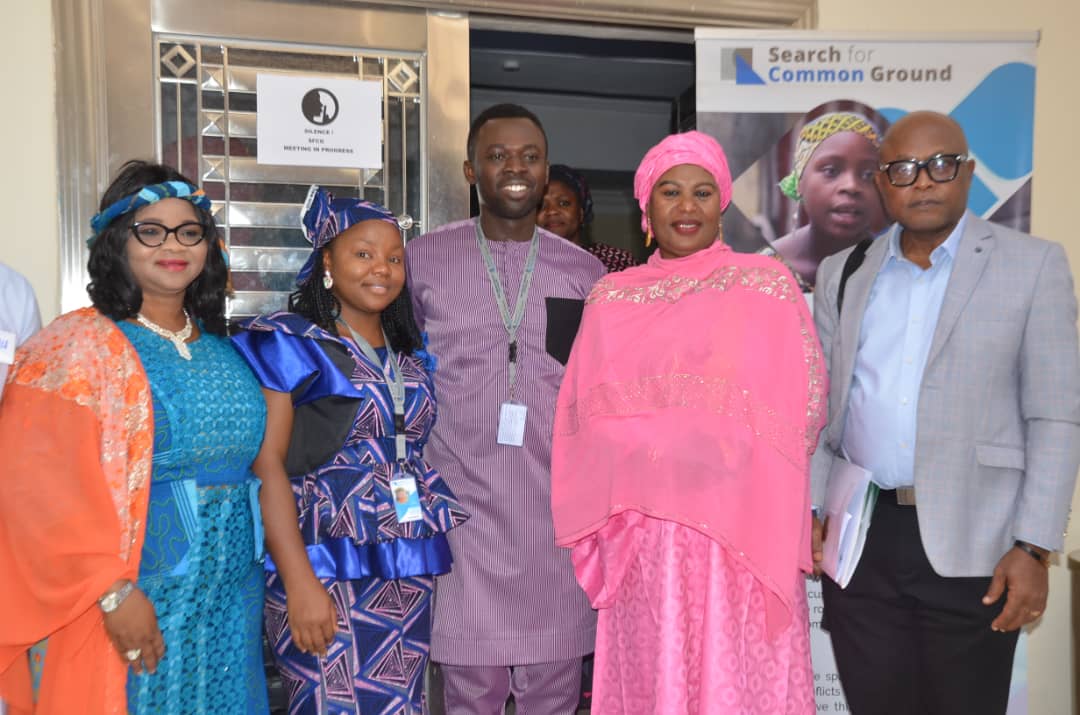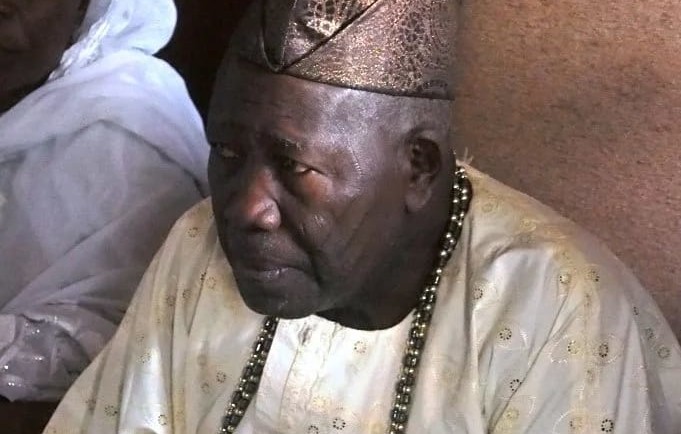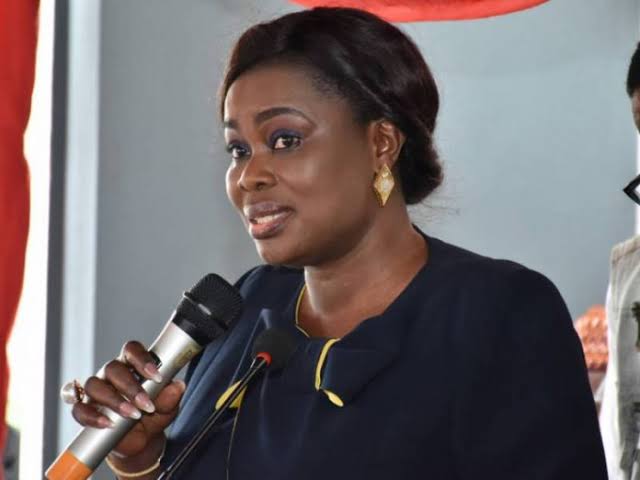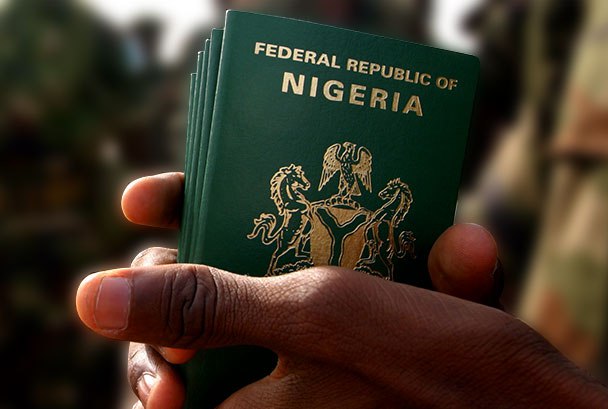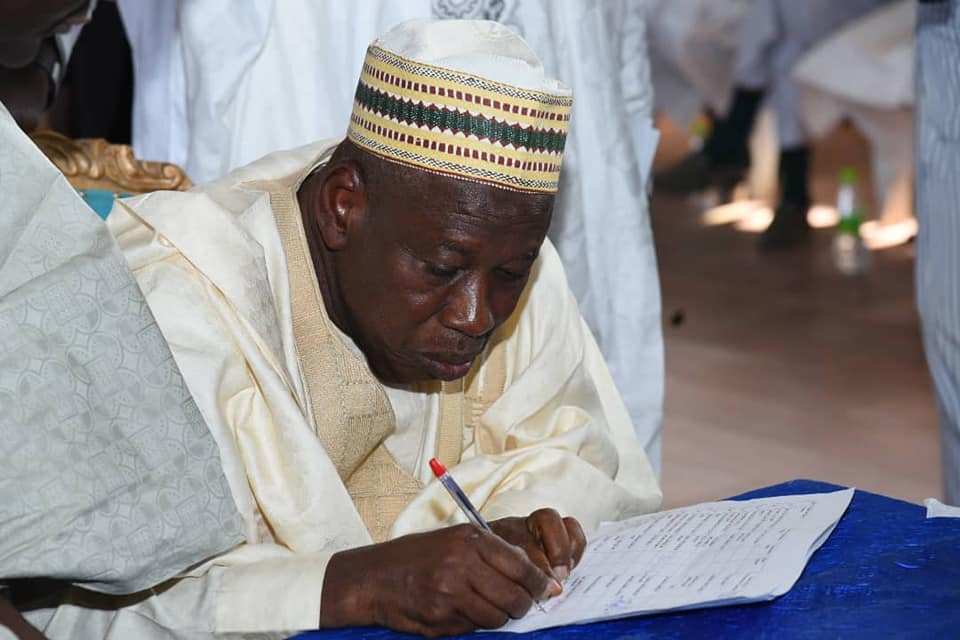Zuwaira Gambo, Borno state commissioner for women affairs, says some of the people regarded as repentant Boko Haram members are victims of insurgency arrested at the wrong place.
In 2016, the military launched Operation Safe Corridor, an initiative for the de-radicalisation and rehabilitation of ex-Boko Haram members.
But Gambo said the aim of the initiative was to create awareness to other members of the insurgent group that if they drop their arms they have a chance of being accepted into society
She said the term “repentant Boko Haram terrorists gives wrong signals to members of the public, especially victims of terrorism”.
Advertisement
Speaking at a forum on preventing and countering violent extremism organised by Search for Common Ground (SFCG) in partnership with UN Women and the government of Japan in Abuja at the weekend, Gambo also said the de-radicalisation and reintegration of members of Boko Haram by the Nigerian government have been misunderstood by the public as a result of a communication gap between the government and citizens.
“Some of the persons reintegrated are victims who had no part to play but were arrested in the course of security checks by the military as they were caught at the wrong time in a wrong place,” she said.
“Because they have spent time in detention between two to five years, there is need for rehabilitation, counselling and socio- psychological support.
Advertisement
“We are not saying that there are not some people who have partaken in destruction of lives and properties but these people are in the minority and you also have to understand that these set of people joined involuntarily as they are forced to do so.”
Some soldiers at the war front in the north-east had expressed disappointment over the release of more than a thousand Boko Haram suspects.
Onyema Nwachukwu, defence headquarters’ spokesperson, said the release was in line with Operation Safe Corridor.
Advertisement
Add a comment

